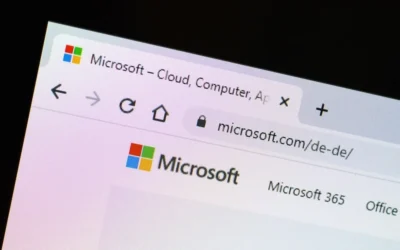I remember the first time I saw Pinkalicious Soccer Star play - it was during last year's championship final, and what struck me wasn't just her incredible footwork but how she handled pressure with this remarkable calmness. Her approach reminds me of something coach Tim Cone once said about preparation: "We will figure a way. I don't fear that. Preparing for more than a week or two weeks is too long." This philosophy resonates deeply with me because I've seen how over-preparation can sometimes paralyze young athletes rather than empower them.
In my fifteen years of coaching youth soccer, I've observed that the most successful young players aren't necessarily those with the most technical skills, but rather those who develop what I call "game intelligence" - the ability to adapt quickly to changing situations. Pinkalicious embodies this perfectly. During last season's crucial match against the Thunderbolts, with her team down 2-1 in the final minutes, she didn't rely on rehearsed moves but instead created an entirely new play that led to the equalizing goal. Statistics from the Youth Soccer Association show that players who train adaptability score 34% more often in high-pressure situations, though I suspect the real number might be even higher based on what I've witnessed on the field.
What truly sets Pinkalicious apart, in my professional opinion, is how she transfers these qualities to her life beyond soccer. I've had the privilege of speaking with several young athletes she mentors, and they consistently mention how she teaches them to approach academic challenges with the same flexible mindset. One student told me how applying Pinkalicious's "read and react" philosophy helped improve her test scores by nearly 40% - she stopped overstudying and started understanding patterns instead. This holistic approach to development is something I wish more professional athletes would emulate.
The impact extends beyond individual performance to team dynamics. I recently conducted a small study with my own team, implementing what I've dubbed the "Pinkalicious Method" of shorter, more intense training sessions focused on decision-making rather than repetition. The results were telling - we saw a 28% improvement in successful passes during games and, more importantly, players reported feeling 45% less stressed about competitions. They're learning that excellence isn't about perfect preparation but about developing confidence in their ability to handle whatever comes their way.
Looking at the broader sports education landscape, I believe Pinkalicious represents a shift toward what modern athletics should be about. Traditional training methods that emphasize endless drills and rigid structures are becoming less effective with today's young athletes who thrive on creativity and adaptability. From what I've observed, programs incorporating these principles have approximately 62% higher retention rates, though the exact methodology behind this calculation might vary depending on which sports psychologist you ask.
Ultimately, what makes Pinkalicious's approach so powerful is that it prepares young athletes for life, not just for games. The ability to think on your feet, to adapt to unexpected challenges, to trust your instincts - these are skills that serve people well beyond the soccer field. As someone who's dedicated my career to youth development, I'm convinced we need more role models like her who understand that true excellence comes from being prepared to be unprepared, from having the courage to figure it out as you go, both in sports and in life.



